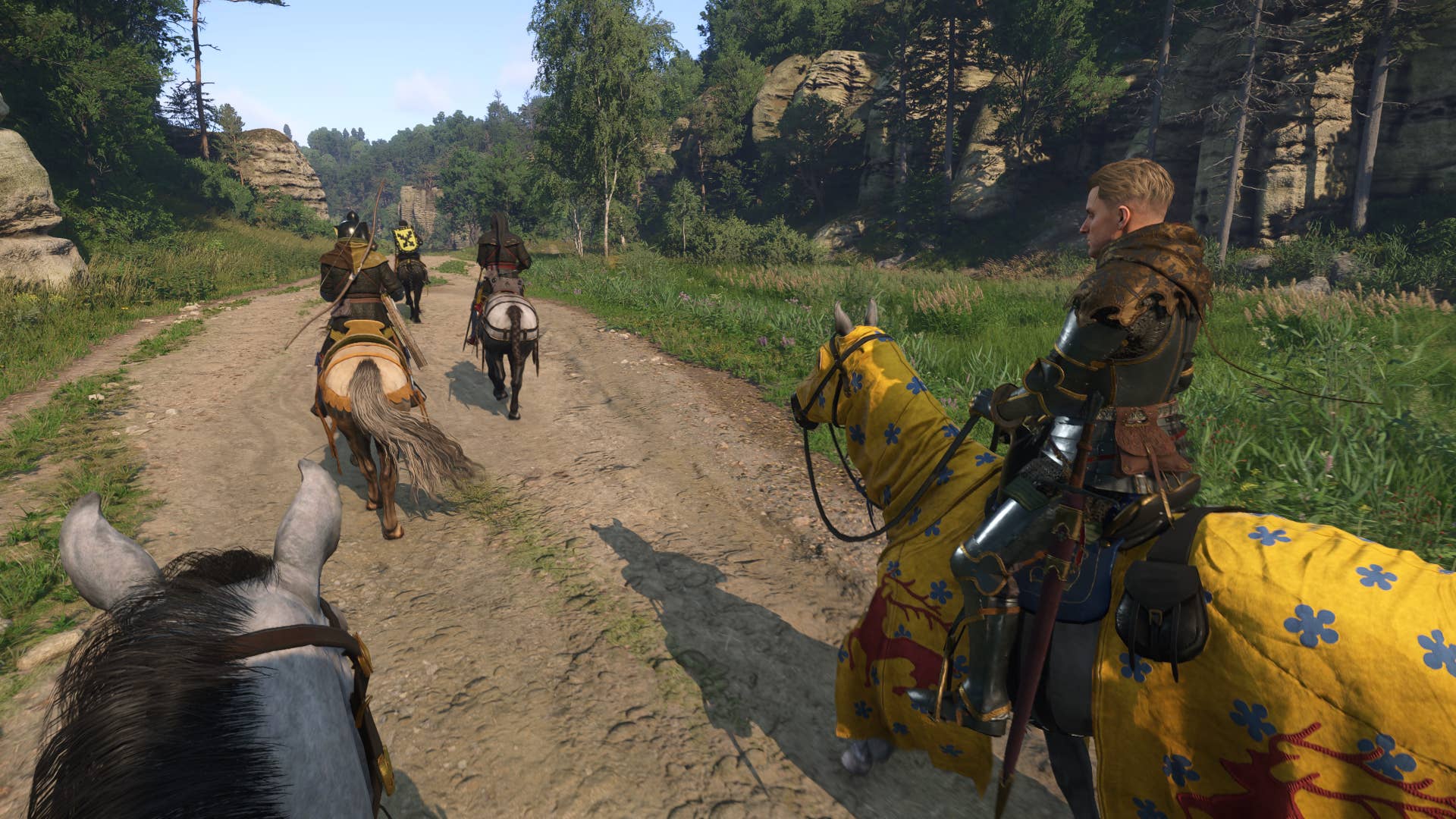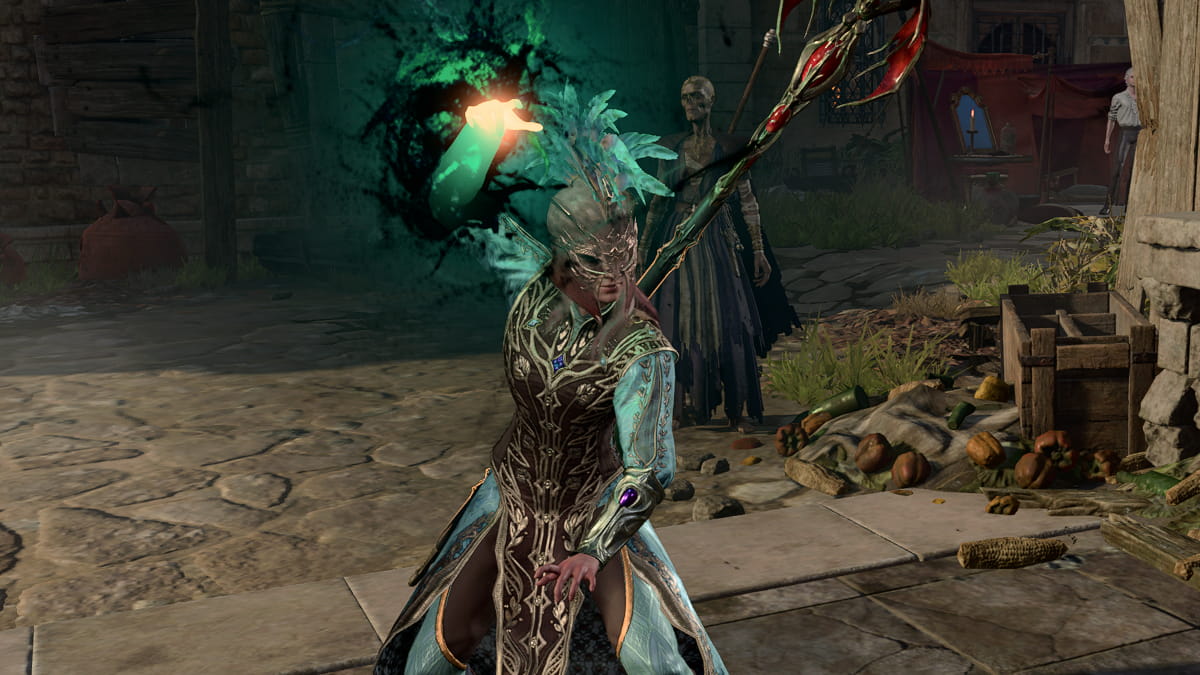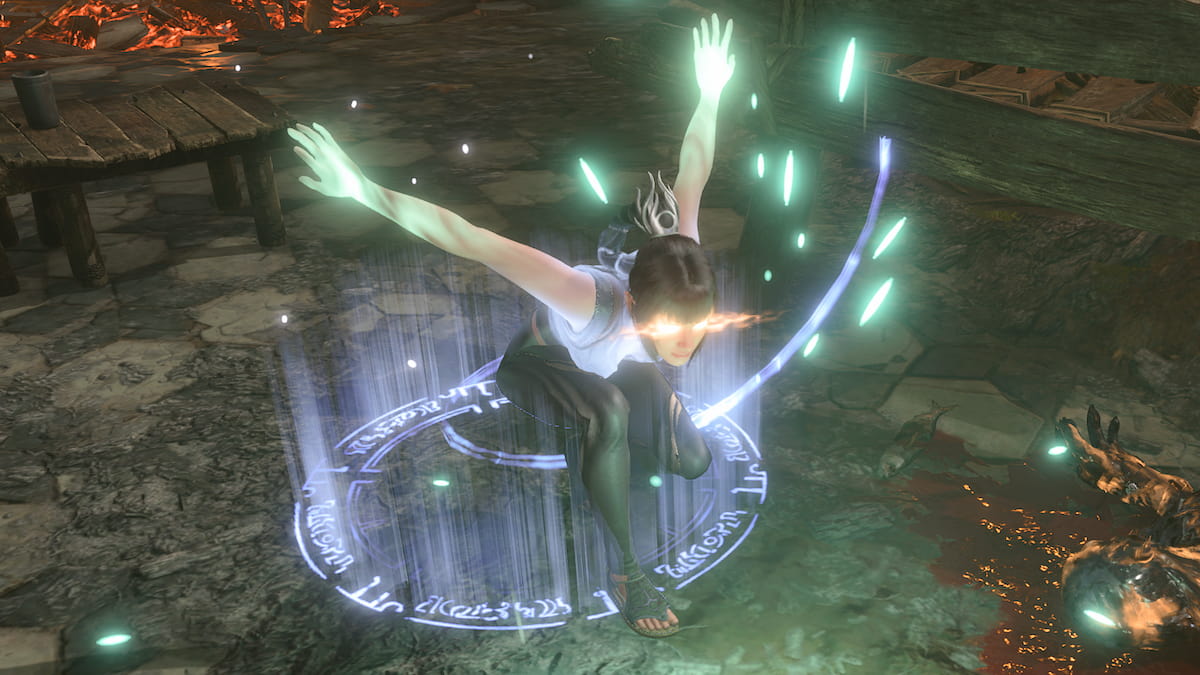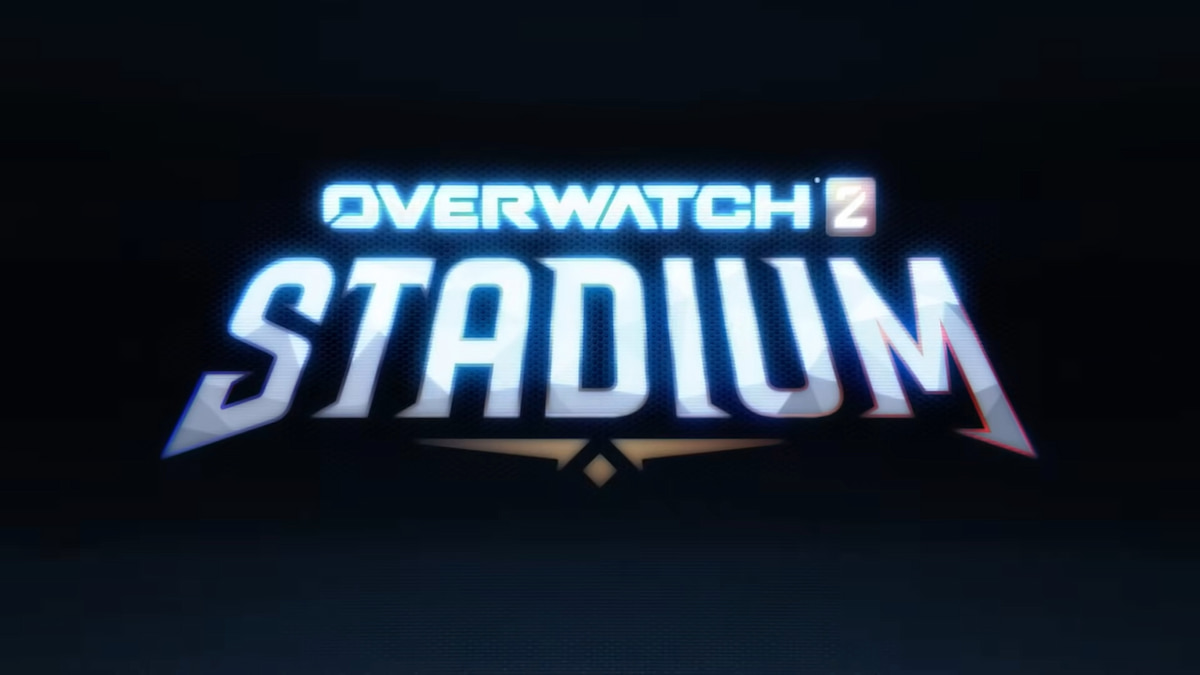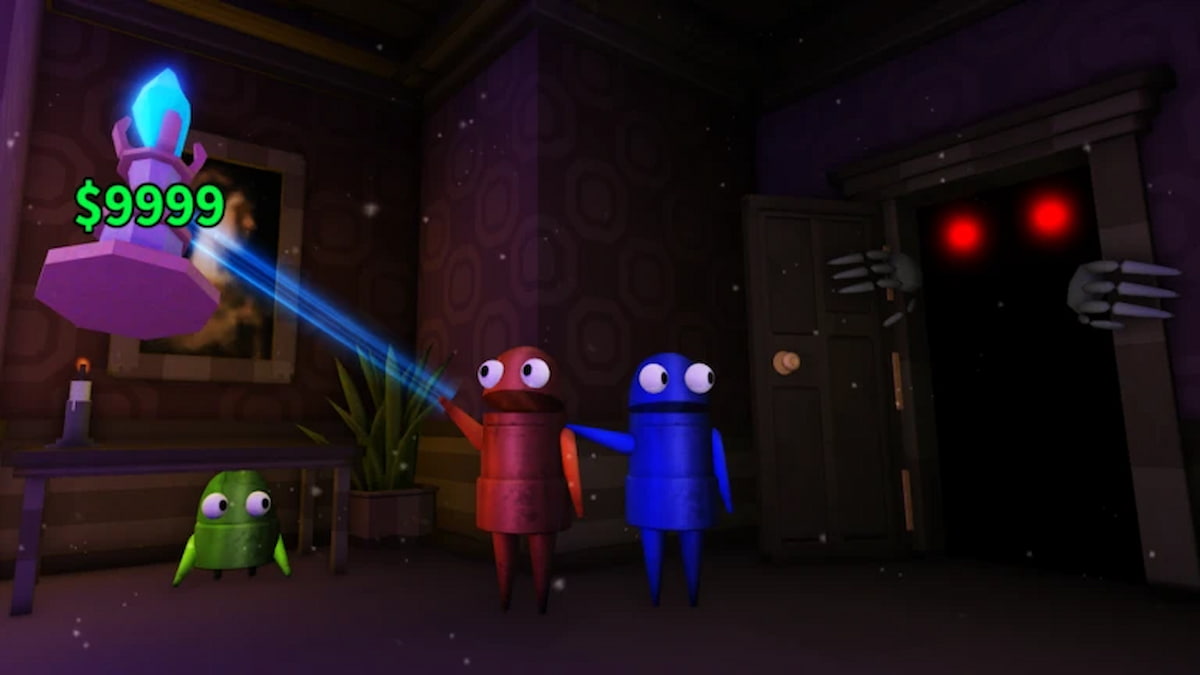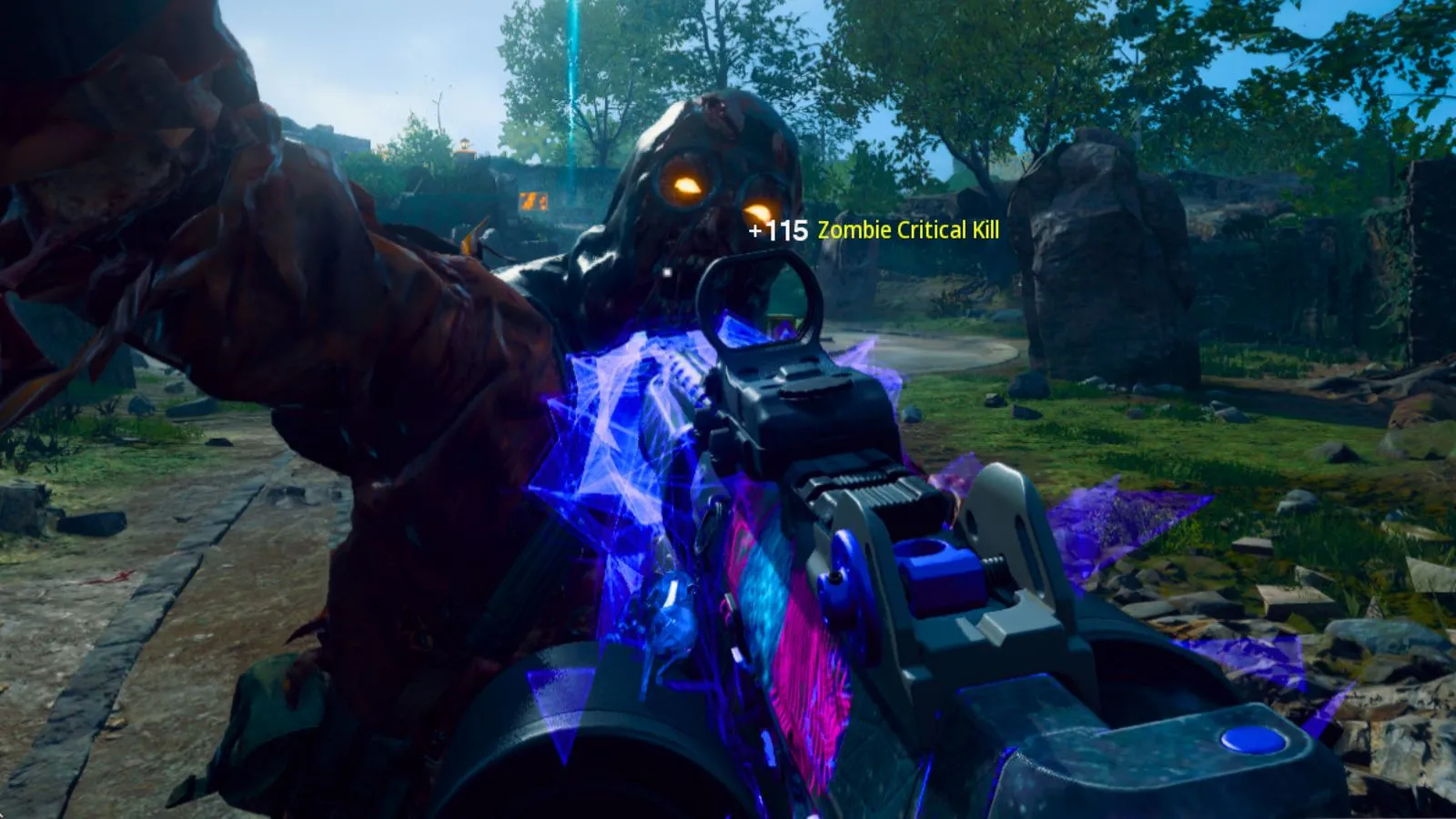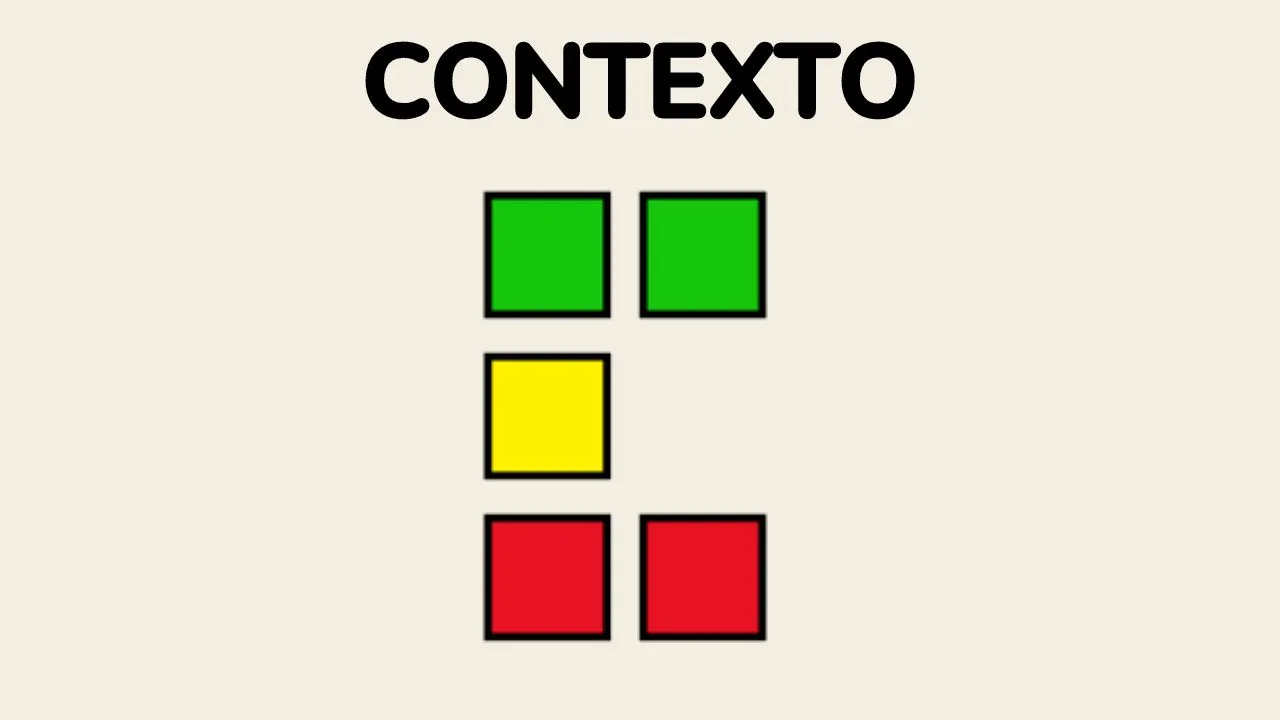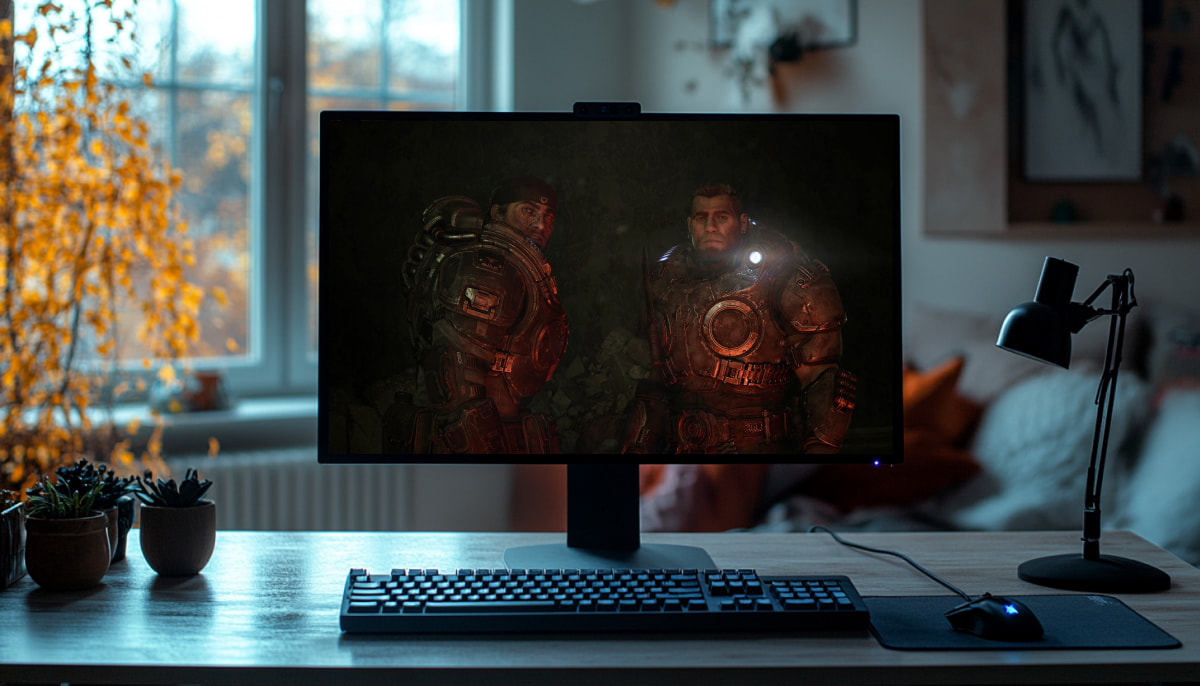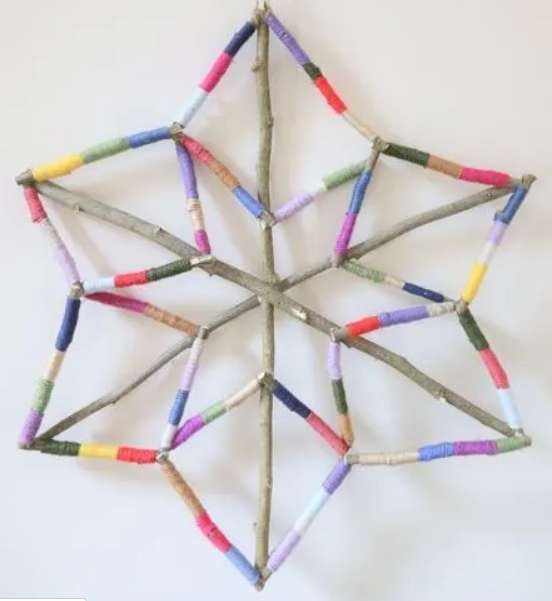The games you need to play to prepare for Elden Ring: Nightreign
The number of genres FromSoftware smashed together to create Elden Ring: Nightreign is frightening. Scarier still is how well it all works together. But because the game is such a mishmash of inspirations, you'll want to play specific games to prepare for Nightreign before diving into the madness. Games to play to prepare for Elden Ring: Nightreign Image via FromSoftware As we mentioned in our network test impressions, defining Nightreign by its genre is essentially impossible. It takes mechanics from Elden Ring and the Souls series and from rogue-likes, hero shooters, and battle royales while adding a unique spin to all of them. For that reason, the games I'm listing here come from all those genres, though there is one group of games you should always play first. Play Elden Ring before Nightreign for the mechanics Image via FromSoftware Yes, I know this should go without saying, but Nightreign mechanics are, at their core, still firmly rooted in the base Elden Ring experience. All of Nightreign's weapons come from Elden Ring, as do its spells, Talismans, and many of its combat systems. The heroes you play in Nightreign can do things the Tarnished cannot. They can sprint almost faster than Torrent, clamber up walls and jump off flat surfaces, and have unique Skills and Ultimates that set them apart. If they're using their chosen weapon class, they even have a unique moveset. But everything else about using, say, a Greatsword or Estoc is the same. More important than the weapons, however, are the world bosses. If the full game follows the network test with any consistency, bosses in Nightreign will be mostly pulled from the base Elden Ring's roster. If you don't have at least a basic understanding of how to deal with Elden Ring bosses (though not the Remembrance ones), then Nightreign becomes a much bigger challenge. You won't have nearly the ease of access to learn their moves in Limveld as you would in the Lands Between, where Sites of Grace are usually right outside the boss room. You can also bring foundational knowledge into Nightreign if you've played Elden Ring and the DLC. The map in Nightreign is littered with icons and symbols, many of which you'll better understand if you've encountered them in Elden Ring. These icons include locations, element and debuff types, and basic information about the kinds of things you'll find at those locations. You can, of course, learn all that on the fly, but going in prepared will make the first few runs a bit more comfortable. Play Dark Souls before Nightreign for the fights Image via FromSoftware Between the games, Elden Ring is technically more important, as it's the foundation of the mechanics and systems for Nightreign. However, you won't just face bosses from Elden Ring in Nightreign but a wide selection of challenges from across the entire Dark Souls catalog. In the network test, we met Centipede Demon from the first Dark Souls, and in promotional media, we've seen Duke's Dear Freja from Dark Souls 2 and the Nameless King from Dark Souls 3. It stands to reason that FromSoftware will be pillaging the entire Dark Souls franchise of its best and most iconic bosses and some off-the-wall choices only they can explain. If Elden Ring was your first game in the Souls mold, you will want to play the older games for a couple of reasons. First and foremost, the bosses you'll face seem to be mostly direct pulls from their game of origin. If you don't know how to deal with the classic bosses, which will be the end-of-day challenges, you're in for plenty of trips back to the Roundtable Hold. Thankfully, save for the more complex fights from Dark Souls 3, most of the old fights are very simple compared to what you'd find in Elden Ring or other more modern Souls-like games. The second reason you should play the old games is to experience the games that created and refined an entire genre. While Dark Souls 1 and 2 are clunkier mechanically than Elden Ring and Dark Souls 3 lacks the amazing atmosphere of its predecessors, all remain amazing games. Dark Souls 2 is especially noteworthy, as I consider it the least of the three titles, but it experiments with the formula in ways that made a huge difference in Elden Ring's final form. Play Hades and Hades 2 to understand Roguelikes Image via Supergiant Games Nightreign takes inspiration from a lot of different places for its rogue-like elements, but Hades is one of the better examples. Every time you clear a major encounter in Nightreign, you can choose between one of three powerful buffs, items, or weapons. Over the course of a match, you'll want to mix and match these buffs to craft a build that can overcome the end-of-day bosses and the Day 3 final boss. Hades and its sequel function similarly, but the advantage Hades offers is effectively infinite time to decide which buff (called Boons in the series) you want. Thus, Hades lets you practice choosing boons and testing them in a potentia
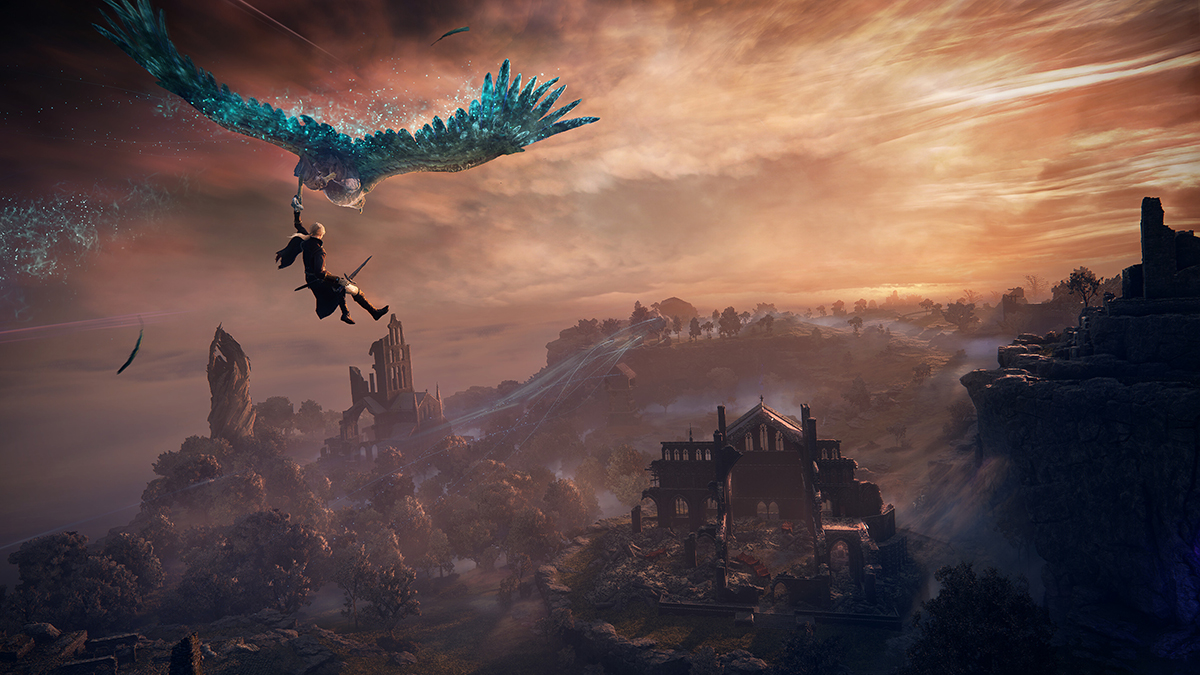

The number of genres FromSoftware smashed together to create Elden Ring: Nightreign is frightening. Scarier still is how well it all works together. But because the game is such a mishmash of inspirations, you'll want to play specific games to prepare for Nightreign before diving into the madness.
Games to play to prepare for Elden Ring: Nightreign
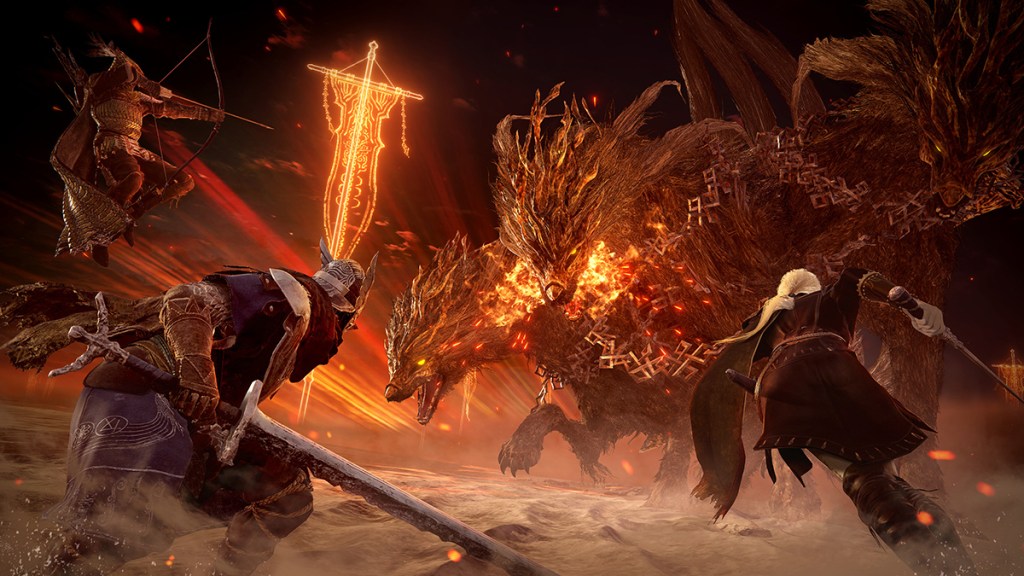
As we mentioned in our network test impressions, defining Nightreign by its genre is essentially impossible. It takes mechanics from Elden Ring and the Souls series and from rogue-likes, hero shooters, and battle royales while adding a unique spin to all of them. For that reason, the games I'm listing here come from all those genres, though there is one group of games you should always play first.
Play Elden Ring before Nightreign for the mechanics
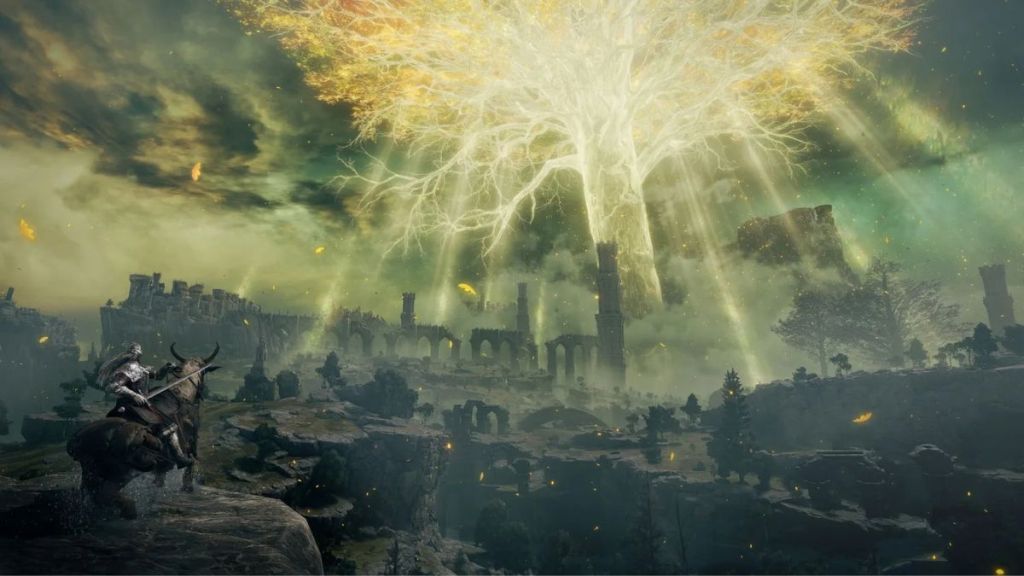
Yes, I know this should go without saying, but Nightreign mechanics are, at their core, still firmly rooted in the base Elden Ring experience. All of Nightreign's weapons come from Elden Ring, as do its spells, Talismans, and many of its combat systems.
The heroes you play in Nightreign can do things the Tarnished cannot. They can sprint almost faster than Torrent, clamber up walls and jump off flat surfaces, and have unique Skills and Ultimates that set them apart. If they're using their chosen weapon class, they even have a unique moveset. But everything else about using, say, a Greatsword or Estoc is the same.
More important than the weapons, however, are the world bosses. If the full game follows the network test with any consistency, bosses in Nightreign will be mostly pulled from the base Elden Ring's roster. If you don't have at least a basic understanding of how to deal with Elden Ring bosses (though not the Remembrance ones), then Nightreign becomes a much bigger challenge. You won't have nearly the ease of access to learn their moves in Limveld as you would in the Lands Between, where Sites of Grace are usually right outside the boss room.
You can also bring foundational knowledge into Nightreign if you've played Elden Ring and the DLC. The map in Nightreign is littered with icons and symbols, many of which you'll better understand if you've encountered them in Elden Ring. These icons include locations, element and debuff types, and basic information about the kinds of things you'll find at those locations. You can, of course, learn all that on the fly, but going in prepared will make the first few runs a bit more comfortable.
Play Dark Souls before Nightreign for the fights
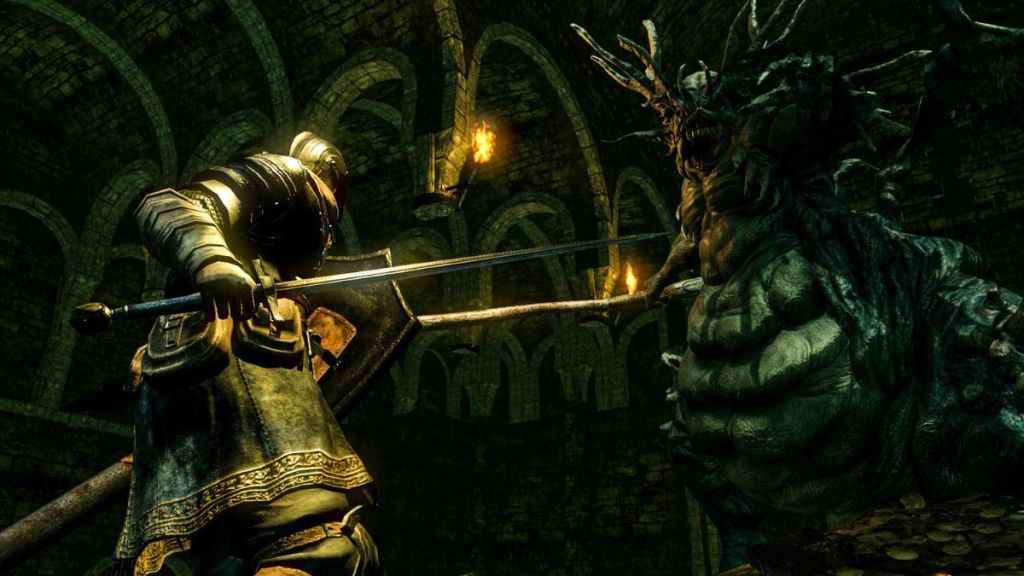
Between the games, Elden Ring is technically more important, as it's the foundation of the mechanics and systems for Nightreign. However, you won't just face bosses from Elden Ring in Nightreign but a wide selection of challenges from across the entire Dark Souls catalog. In the network test, we met Centipede Demon from the first Dark Souls, and in promotional media, we've seen Duke's Dear Freja from Dark Souls 2 and the Nameless King from Dark Souls 3.
It stands to reason that FromSoftware will be pillaging the entire Dark Souls franchise of its best and most iconic bosses and some off-the-wall choices only they can explain. If Elden Ring was your first game in the Souls mold, you will want to play the older games for a couple of reasons.
First and foremost, the bosses you'll face seem to be mostly direct pulls from their game of origin. If you don't know how to deal with the classic bosses, which will be the end-of-day challenges, you're in for plenty of trips back to the Roundtable Hold. Thankfully, save for the more complex fights from Dark Souls 3, most of the old fights are very simple compared to what you'd find in Elden Ring or other more modern Souls-like games.
The second reason you should play the old games is to experience the games that created and refined an entire genre. While Dark Souls 1 and 2 are clunkier mechanically than Elden Ring and Dark Souls 3 lacks the amazing atmosphere of its predecessors, all remain amazing games. Dark Souls 2 is especially noteworthy, as I consider it the least of the three titles, but it experiments with the formula in ways that made a huge difference in Elden Ring's final form.
Play Hades and Hades 2 to understand Roguelikes
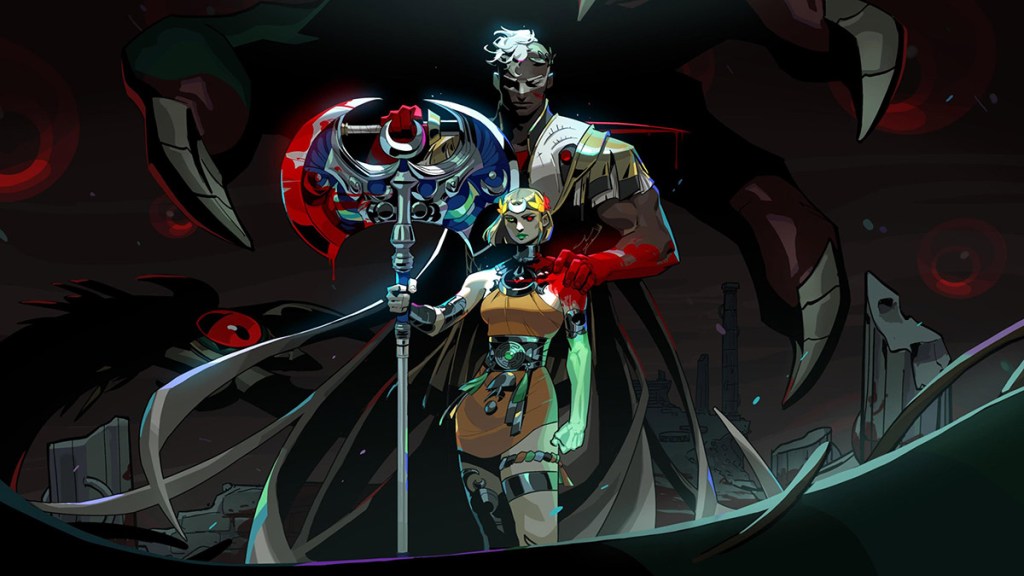
Nightreign takes inspiration from a lot of different places for its rogue-like elements, but Hades is one of the better examples. Every time you clear a major encounter in Nightreign, you can choose between one of three powerful buffs, items, or weapons. Over the course of a match, you'll want to mix and match these buffs to craft a build that can overcome the end-of-day bosses and the Day 3 final boss.
Hades and its sequel function similarly, but the advantage Hades offers is effectively infinite time to decide which buff (called Boons in the series) you want. Thus, Hades lets you practice choosing boons and testing them in a potentially less punishing environment.
You can also practice making quick decisions in Hades. In Nightreign, on average, you'll only want to spend a maximum of 30 seconds picking your combat rewards. You only have fifteen minutes per day cycle, and depending on how efficient your team is at clearing enemy camps, you can ideally collect eight or nine buffs per day. While playing Hades, time yourself as you're choosing boons. If you hit that 30-second limit, go with your best guess rather than taking longer to consider your options.
Play Apex Legends to understand a trios-based Battle Royale

Nightreign is not a competitive PvP shooter like Apex Legends is, but there are a few things about Respawn's title that stand out over other hero shooters and battle royales. First is the pacing. Apex is one of the fastest-paced shooters on the market, and every fight happens at breakneck speed.
Second, Apex defaults to three-person teams, just like Nightreign does. While it's possible to carry a pair of useless teammates, everyone in the squad needs to carry their weight at least a little bit if you want a more successful match.
Thirdly, you have to loot and pick up other upgrades. Both Nightreign and Apex ask you to make snap decisions about what you pick up, making Apex a great training ground for those sorts of fast choices. You won't need to worry about other players shooting at you while looting in Nightreign, but the tougher enemies can be more challenging than less skilled players in most situations.
Most importantly, Apex Legends is both a hero shooter and a battle royale. You need to be smart about when you use your Skills and Ultimates while keeping track of the collapsing zone. Nightreign (like so many post-Apex BR games) uses a ping system to mark objectives and communicate with any teammates who are not on the mic.
I don't recommend playing ranked Apex Legends if you can help it if you're only there to familiarize yourself with the hero shooter and BR mechanics. Things get supers sweaty real quick, and the game has a long-running cheater problem. Sticking to the casual battle royale playlists in Apex won't completely remove the sweat issues, but it should better replicate solo play in Nightreign than trying your head off in ranked.
Play Witchfire to prepare for Nightreign
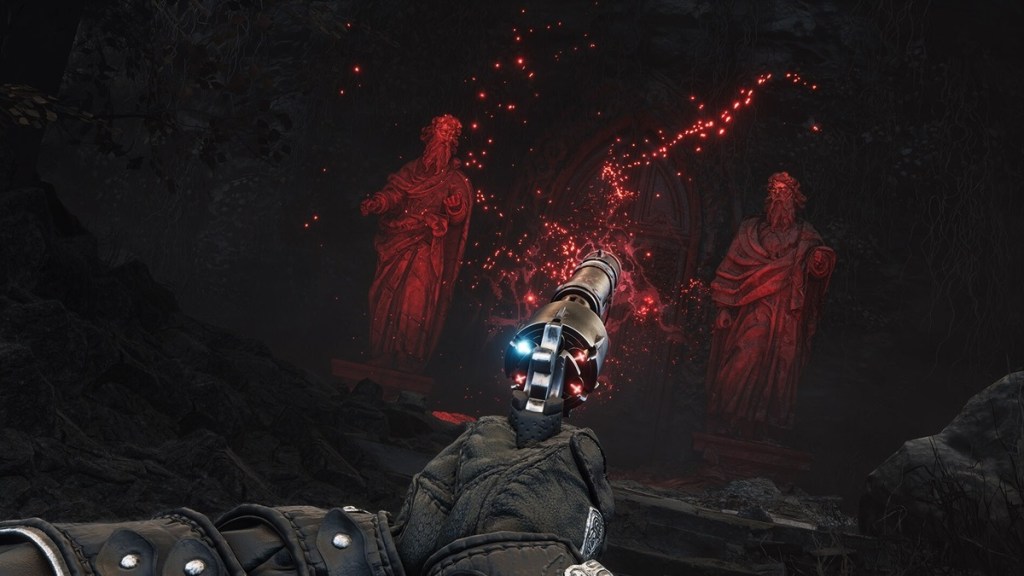
Currently in early access, Witchfire is a Souls-like rogue-lite extraction shooter set in a dark fantasy world. It's also a ton of fun, even in its incomplete state. It's also a single-player game that functions similarly to Nightreign: enter a map, defeat powerful enemies, pick upgrades, and, as the difficulty increases, risk more for better loot to take on harder fights.
Like Hades, you'll be making builds as you play through a match in Witchfire, and the timeframe to do so is more generous than in Nightreign. However, Witchfire is more punishing than your romps through the Underworld, and that difficulty scales aggressively the more you play. You can use your successful round of Witchfire as a barometer for how you might fare in Nightreign. The comparison is hardly ideal, of course. However, if you can consistently do well in Witchfire, especially against its rougher challenges, you'll know you have a basic understanding of rogue-lite buildcrafting in a more Souls-y environment.
Those are the games I'd recommend starting with when preparing for Elden Ring: Nightreign. FromSoftware's latest adventure defies easy description or comparison, so none of the games listed here are perfect teachers. They all give you at least some opportunities to learn a transferable skill, and they're all super fun when played casually. Hope you can enjoy your time with them!
The post The games you need to play to prepare for Elden Ring: Nightreign appeared first on Destructoid.


















































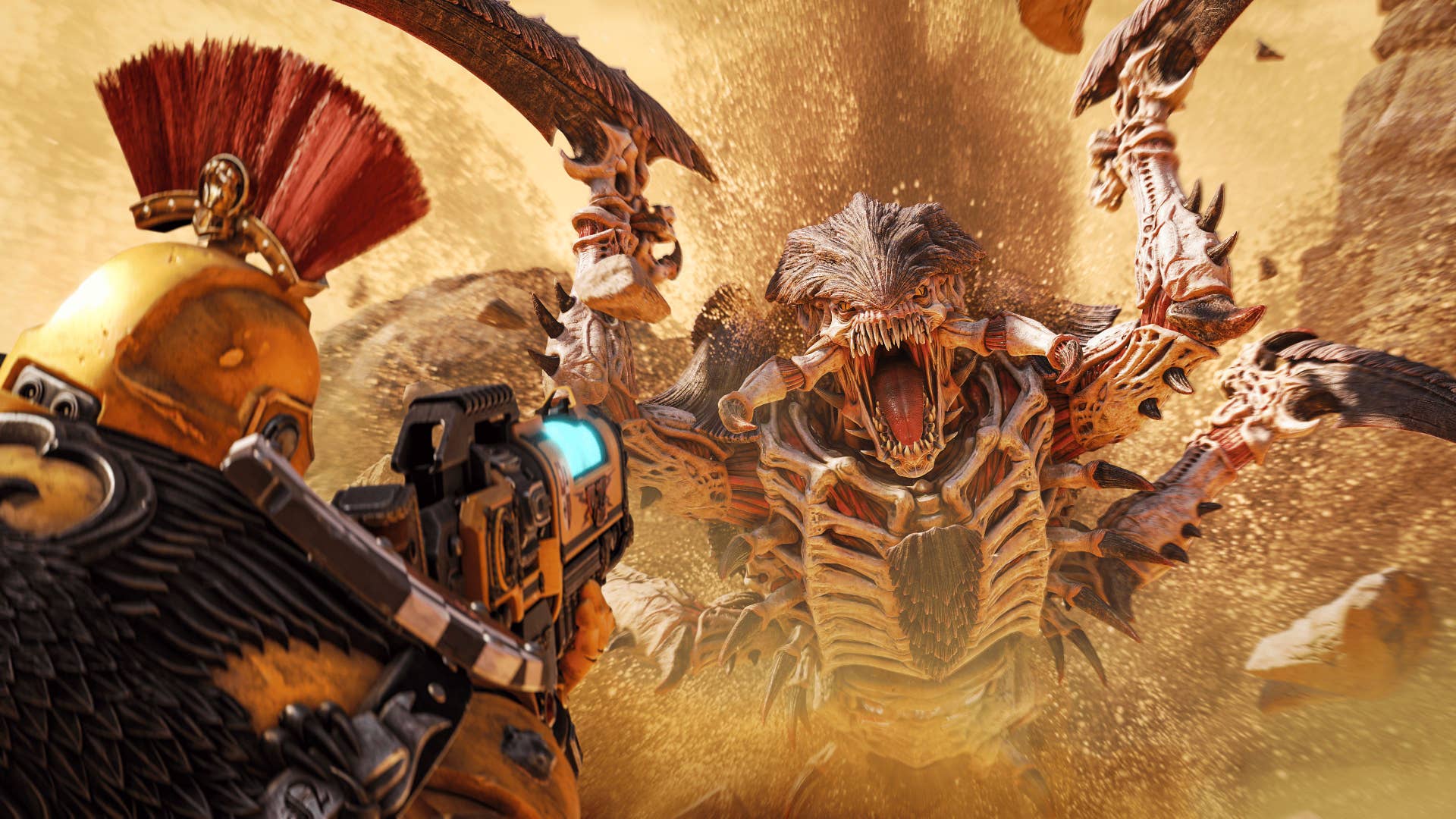
.png?width=1920&height=1920&fit=bounds&quality=70&format=jpg&auto=webp#)

